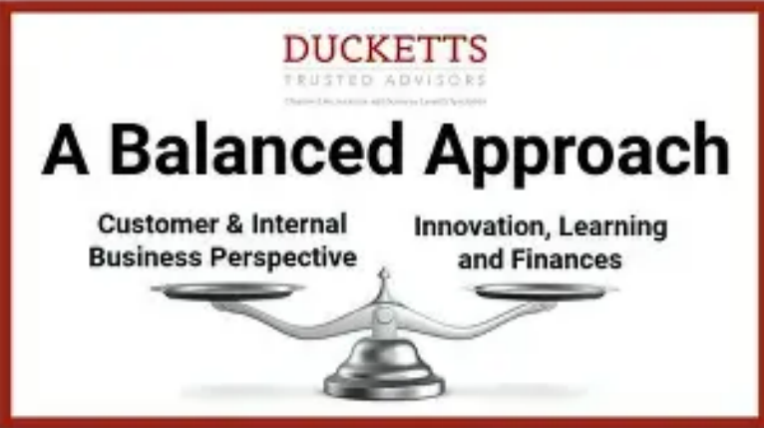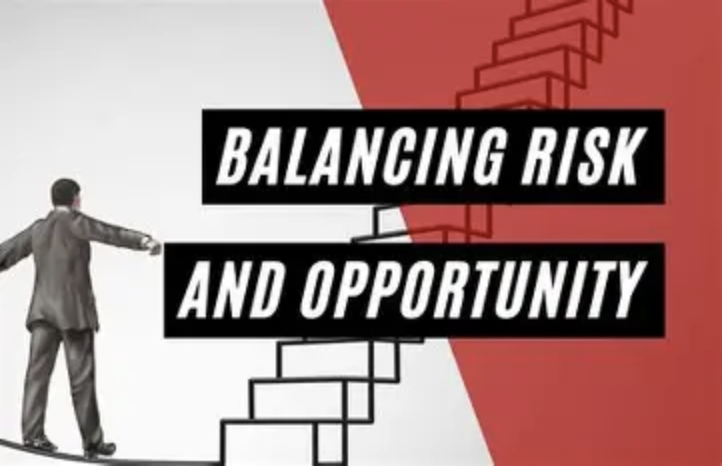In a time characterized by rapid technological growth, financial technology, known as fintech, has become a revolutionary force in finance. However, does it actually simplify wealth management for wealthy individuals, or does it complicate an already complex area even further?

The Illusion of Ease
Fintech platforms promote easy-to-use interfaces and smooth user experiences. With mobile apps, investors can instantly view their portfolios, make trades, and receive financial guidance with just a click. A notable innovation in fintech is the robo-advisor, which employs algorithms to build and manage diversified investment portfolios tailored to each person's risk appetite and financial objectives. For busy individuals, this appears to be an ideal way to streamline financial planning.

Yet, hidden beneath the sleek surface is a complex system. The algorithms that drive robo-advisors rely on past data and mathematical frameworks. In times of rapid market changes, these frameworks might not adequately consider unexpected occurrences like sudden geopolitical events or public health emergencies. Wealthy investors with intricate financial needs and extensive, varied portfolios may discover that the generic approach of robo-advisors does not sufficiently meet their unique demands.
Data - Driven Pitfalls
Data is the foundation of fintech. Various platforms gather extensive details about users’ spending habits, investment choices, and financial activities. This collected information is then utilized to offer tailored financial guidance and suggestions for products. Although this appears beneficial, it carries notable risks.
One of the biggest worries is the safety of personal financial information. Significant breaches at fintech firms have revealed the private data of millions. For wealthy individuals, such leaks can result in not just financial setbacks but also harm to their public image. Additionally, the targeting of marketing through data can cause users to become excessively exposed to specific types of investments. Fintech algorithms might suggest high-risk investment options based on a user's previous actions without fully evaluating how that could affect their overall financial health.
Regulatory and Technological Hurdles
The fintech sector often finds itself navigating through unclear regulations in various areas. As technology evolves quickly, the rules that govern it cannot keep up. This ambiguity can lead to mixed feelings among investors. Wealthy individuals, who typically expect the reliability of established financial institutions, might be reluctant to fully engage with fintech due to worries about compliance with regulations and the risk of fraud.Additionally, technical issues can present serious challenges. Fintech services depend on intricate software and stable internet connections. Any failure, whether it's a system crash, programming error, or a cyber-attack, can hinder trading activities, lead to financial damages, and diminish consumer confidence. For instance, if a trading platform encounters a sudden error, investors might miss out on important trades, resulting in serious missed opportunities or financial losses.
A Balanced Approach
Instead of seeing fintech as a complete solution for making wealth management easier, wealthy individuals should take a more well-rounded view. When paired with traditional financial guidance, fintech can be a strong asset. By merging the ease and analytical insights from fintech platforms with the knowledge of human financial advisors, it can effectively meet complex financial needs.

Additionally, investors need to take initiative in learning about the technology that powers fintech products. Understanding how algorithms function, how data is utilized, and how risks are controlled is crucial for making smart financial choices. This knowledge will enable high-net-worth individuals to take advantage of fintech while also reducing its possible downsides.
In summary, even though fintech provides numerous advantages and creative options, it doesn’t always simplify financial management. It brings both chances and challenges that require thoughtful assessment from wealthy investors looking to navigate the constantly changing financial environment.





